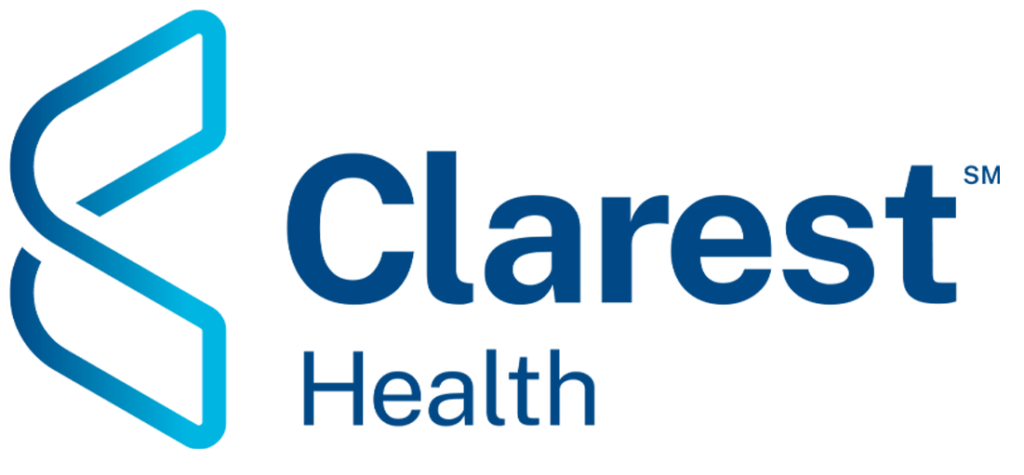Medication Management plays a crucial role in ensuring the well-being and safety of long-term care patients. Long-term care facilities and home care settings are responsible for providing comprehensive healthcare services to individuals who require ongoing medical support. However, amidst the complexity of medications, potential drug interactions, and varying healthcare needs, there is a pressing need to prioritize medication education for both patients and caregivers. The importance of promoting medication education for long-term care patients and caregivers is paramount and emphasizes the positive impact it can have on overall health outcomes.
Understanding the Challenges of Medication Management
Managing medications can be a daunting task, particularly for patients in long-term care facilities and their caregivers. Multiple prescriptions, varying dosages, and the potential for adverse reactions necessitate careful attention. Lack of knowledge and understanding can lead to Medication Errors, non-adherence, and compromised health. Comprehensive education allows patients and caregivers to gain confidence in medication management, and enables them to make informed decisions and prevent potential risks.
Related: Using Medication Aides to Strengthen Medication Management
Empowering Patients and Caregivers through Education
Education is key to empowering long-term care patients and enabling them to actively participate in their own care. By understanding their medications, patients can effectively communicate with healthcare professionals, report adverse effects promptly, and engage in shared decision-making. Medication education should cover topics such as drug names, indications, proper dosage, potential side effects, and instructions for use.
Caregivers play a vital role in supporting long-term care patients. However, they often face overwhelming responsibilities, juggling multiple tasks, and managing medication regimens can be challenging. Education programs tailored to caregivers help them develop the necessary skills to administer medications correctly, identify potential issues, and provide ongoing support to patients. Education can encompass:
- medication safety
- proper administration techniques
- storage requirements
- recognizing adverse reactions
Well-informed caregivers can create a safe and supportive environment for patients, fostering trust and better quality of care.
Related: Improving Morale and Patient Care Experience
Clarest Offers Personalized Medication Management Solutions
Promoting medication education for long-term care patients and caregivers is a critical step toward improving health outcomes and ensuring patient safety. By equipping individuals with comprehensive knowledge about their medications, they become active participants in their care, fostering better communication and decision-making. Caregivers, too, benefit from education programs that empower them to provide optimal support and create a safe environment for patients. To learn more about medication management solutions for healthier, happier patient outcomes, contact Clarest today.

